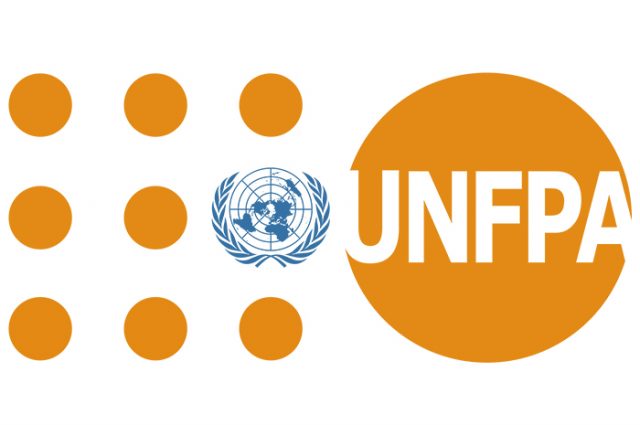JIS: The Ministry of Education, Youth and Information and the United Nations Population Fund are pleased to celebrate International Youth Day under the theme “The Road to 2030: Eradicating Poverty and Achieving Sustainable Production and Consumption.”
International Youth Day is observed globally on the August 12 each year to raise awareness on issues affecting youth and recognize and reaffirm the central role of young people in promoting the well-being of their families, communities and nations.
More than 500 million youth worldwide live in poverty, and often cannot afford their basic needs. They lack access to vital resources, and are disproportionately represented amongst the world’s poor.
Data show that 46% of the population in Jamaica is less than 24 years and are faced with a number of challenges that could inhibit their potential, including poverty, unemployment and crime and violence. Youth have the most to gain if we succeed in eradicating poverty, and will have the most to lose if we fail.
The 2030 Agenda for Sustainable Development and Vision 2030 Jamaica require us to balance the needs of present and future generations, create economic growth without destroying natural resources and reduce consumption while enforcing well-being and dignity.
Sustainable consumption entails the use of products and services that meet the basic needs of communities while safeguarding the needs of future generations. The development and promotion of individual choices and actions that increase the eco-efficiency of consumption of all and minimize waste and pollution is critical to achieving equitable socioeconomic development.
Sustainable development cannot be achieved without assuring that all women and men, and girls and boys, enjoy the dignity and human rights to expand their capabilities, secure their reproductive health and rights, find decent work and contribute to economic growth.
Defining the necessary policies and investments to secure that future, demands that governments worldwide know the size, sex, location and age structure of their present and future populations, so they can tailor investments for inclusive growth.
For this cause, the Ministry of Education, Youth and Information is committed to completing Jamaica’s National Youth Policy, towards guiding and streamlining youth development in the country. The Ministry is also targeting unattached youth and facilitating their reintegration into formal employment, education and training through various initiatives and partnerships.
Globally, large youth populations represent a historic opportunity to introduce progress and adopt innovative solutions to ignite this change. Essential to this is the realization of young people’s rights to participate in the political, economic and social life of their communities and countries, and to freely make informed choices regarding their sexual and reproductive health without discrimination, violence or coercion. To empower young people means giving them the tools to become even more influential, productive actors in their societies.
Central to these efforts must be the promotion of access to education and health services. These combined interventions are critical in order to break the intergenerational cycle of poverty, strengthen the resilience of populations in the face of all challenges and seize the opportunities of the new economy.
Achieving poverty reduction will require that young people have access to the tools, skills and mentorship that will enable them to participate meaningfully in the economic activities in countries. This includes access to training opportunities and capital for economic pursuits.
No youth should be left behind – and for this reason the Ministry’s task to reintegrate involves the restructuring of Youth Information Centres toward bringing alienated and marginalized youth back into the economic mainstream and giving them a sense of meaning and belonging. The programmes in the Youth Information Centres will assist youth in developing new skills and experiences, while promoting innovation, entrepreneurship and resilience.
It is important that youth understand the responsibility that they have as leaders, in the drive toward poverty eradication. We are convinced that if Jamaica’s youth are properly engaged, they can be the engine that drives economic growth. This engagement, however, cannot be merely symbolic in nature, but must allow our young people to truly contribute to the direction of their country.
Thus, to strengthen this view and make it a reality, the Ministry is establishing the National Youth Advisory Committee. This committee is intended to facilitate continuous engagement of young people in youth development policy and programming actions of the Government. Additionally, the Ministry continues to strengthen youth leadership networks through the Jamaica Youth Ambassadors Programme, National Youth Council, National Secondary Students’ Council and Jamaica Union of Tertiary Students.
The Ministry of Education, Youth and Information and the United Nations Population Fund hereby call on all stakeholders, government, civil society, private sector, and community-based organizations to ensure that there are no obstacles to the education, health and well-being of youth, including teenage girls. Investments in youth will ensure that we collectively build a world in which they face no limit to their aspirations and future.


